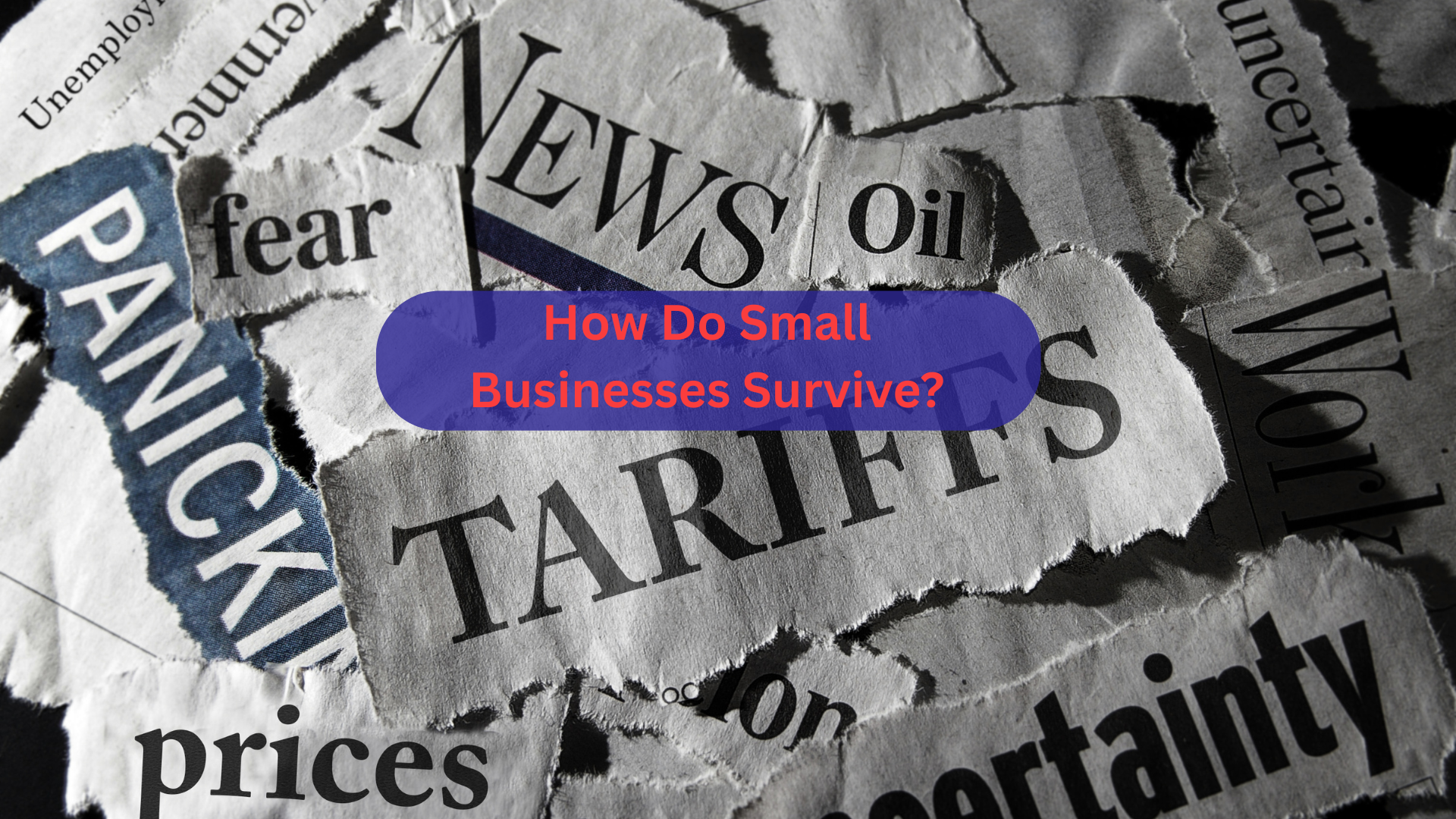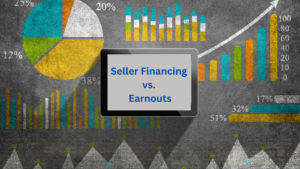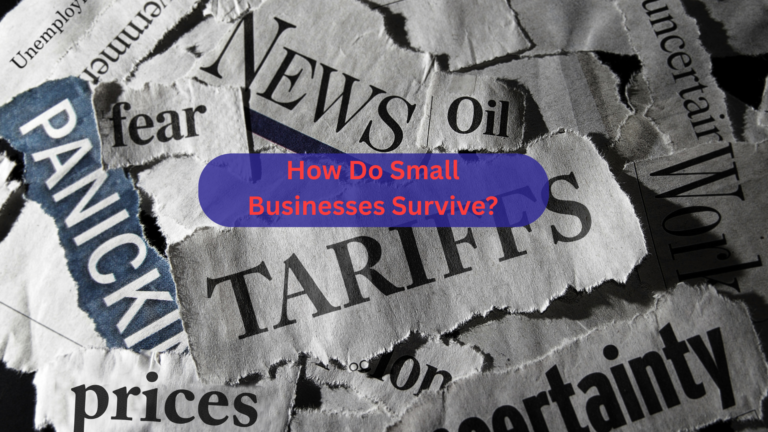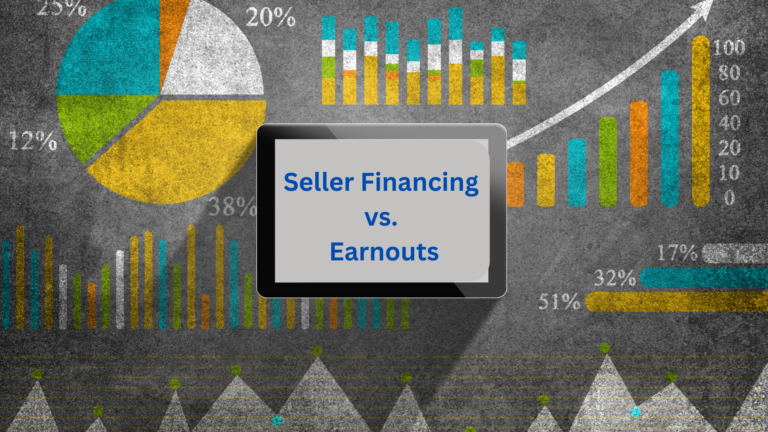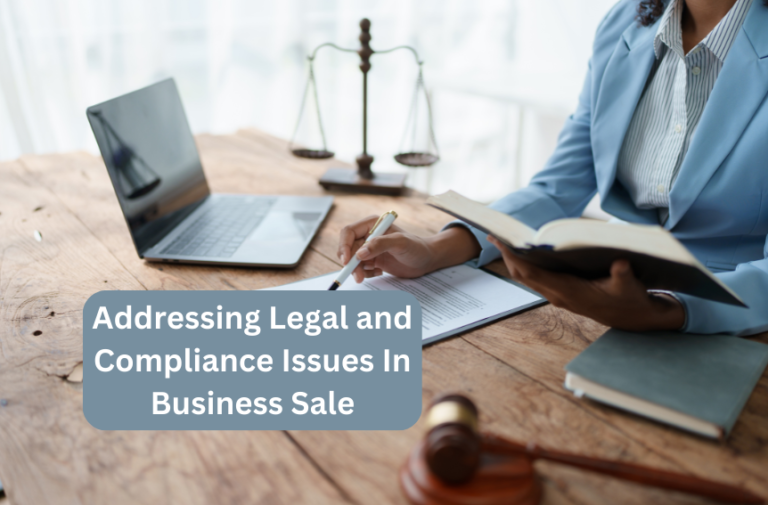The ongoing tariff war between global powers isn’t just a headline—it’s a reality that small business owners are navigating every day. Rising import costs, disrupted supply chains, and fluctuating pricing are becoming the new normal for many industries.
But while the challenges are real, so are the opportunities. Small businesses have the unique advantage of agility—something larger corporations often lack. And by adapting wisely, not only can you maintain competitiveness, but you can also protect—and even grow—the long-term value of your business.
Here’s how to do it.
1. Rethink Your Supply Chain: Diversify to De-risk
One of the first ripple effects of a tariff war hits your sourcing costs. If your business relies on imported materials or products from affected countries, it’s time to evaluate your options.
- Explore domestic alternatives: Local suppliers might be more expensive up front, but they come with stability and potentially shorter lead times.
- Consider nearshoring: Partnering with suppliers in nearby countries that aren’t caught in the tariff crossfire can offer a balance of cost and reliability.
- Build redundancy: Don’t rely solely on one supplier or one country. A diversified supply chain is a safer, more valuable asset.
Documenting these strategic shifts isn’t just good operations—it’s a sign of resilience that buyers or investors will appreciate down the line.
2. Pricing Strategically Without Losing Customers
Tariffs often force difficult pricing decisions. Pass too much cost onto your customers and you risk losing them; absorb too much, and your margins suffer.
Here’s how to navigate that tightrope:
- Be transparent: Customers appreciate honesty. Let them know why prices may be increasing and what you’re doing to mitigate it.
- Focus on value-based pricing: Rather than simply marking up costs, focus on the value your product or service provides. This approach helps justify price increases.
- Offer bundles or loyalty incentives: Encourage continued purchasing with value-driven packages or customer retention rewards.
Maintaining strong, healthy margins during turbulent times is a sign of good management—and it has a direct impact on your business’s valuation.
3. Build Customer Loyalty Through Trust and Differentiation
During uncertain times, customers gravitate toward brands they trust. Strengthen those bonds by emphasizing what sets your business apart.
- Elevate customer service: Go above and beyond to reassure and retain your customer base.
- Promote your sourcing changes: If you’ve shifted to local or tariff-free suppliers, use that as a selling point.
- Lean into your story: Customers are more likely to support small, adaptable businesses with a clear mission and voice.
Strong customer loyalty translates into consistent revenue—which is a key driver of value in any business.
4. Increase the Value of Your Business—Even in a Tariff War
Here’s the silver lining: businesses that adapt smartly during economic uncertainty often come out stronger, leaner, and more valuable.
- Focus on profitability: Streamline operations, cut unnecessary costs, and look for efficiencies.
- Create SOPs and financial controls: These Standard Operating Procedures aren’t just helpful internally—they’re critical assets if you ever plan to sell.
- Build a resilience narrative: If you’re considering selling in the next 1–3 years, being able to say “we weathered a tariff war and came out stronger” is a powerful story.
Buyers love to see that a business isn’t just coasting—they want one that can handle adversity and continue to grow.
5. Keep a Pulse on the Global Picture
While you can’t control government policy, you can stay informed and proactive. Monitor global trade news, join your local chamber of commerce or business network, and consider bringing in a business advisor to help navigate strategy with the long game in mind.
Final Thoughts: Futureproofing Starts Today
Tariff wars can be turbulent, but they also reveal the true grit and agility of small businesses. By rethinking your supply chain, pricing with strategy, nurturing customer loyalty, and focusing on value-building actions, you’re not just surviving—you’re setting yourself up for long-term success.
Even in a tough economic climate, your business can become more efficient, more resilient, and ultimately more valuable.
At Accel Business Advisors, we understand the unique challenges small business owners face during economic uncertainty, including navigating the impact of global tariff shifts. Whether you’re looking to optimize operations, increase the value of your business, or prepare for a future sale, our team is here to help you make smart, strategic decisions. Reach out today for a confidential consultation—we’re here to guide you every step of the way.
